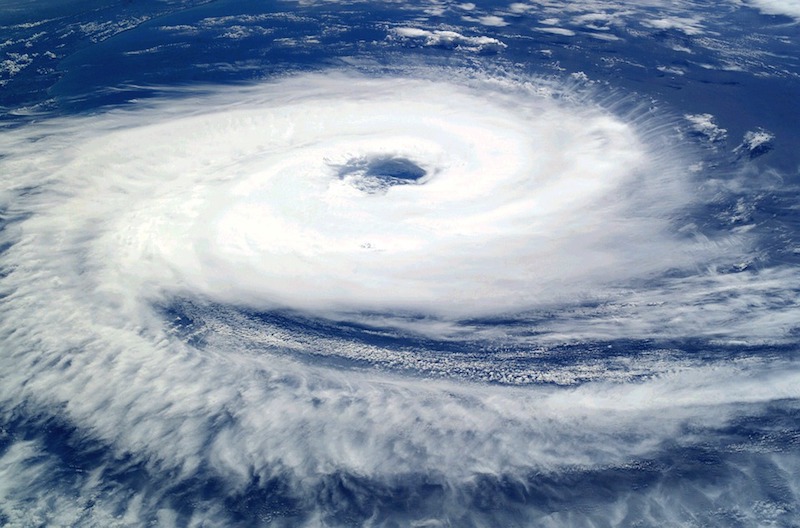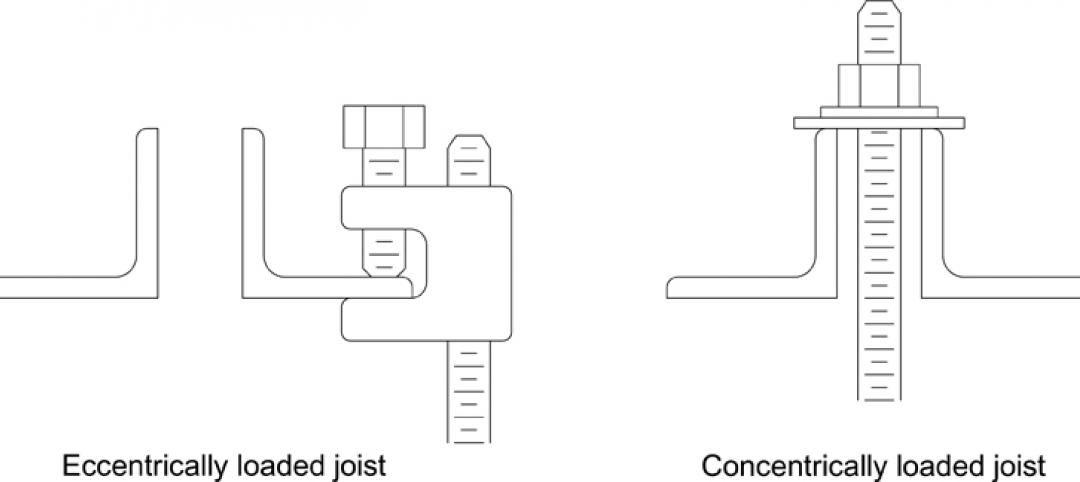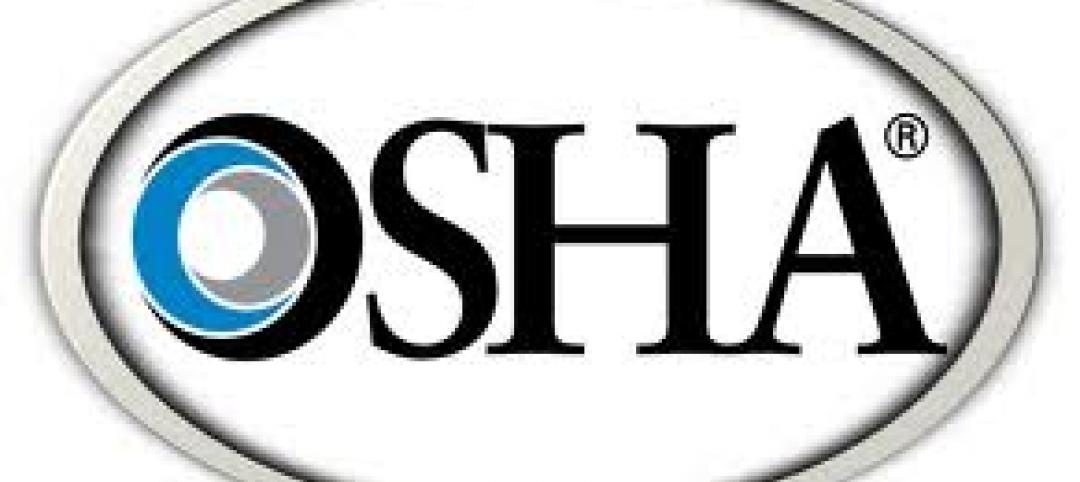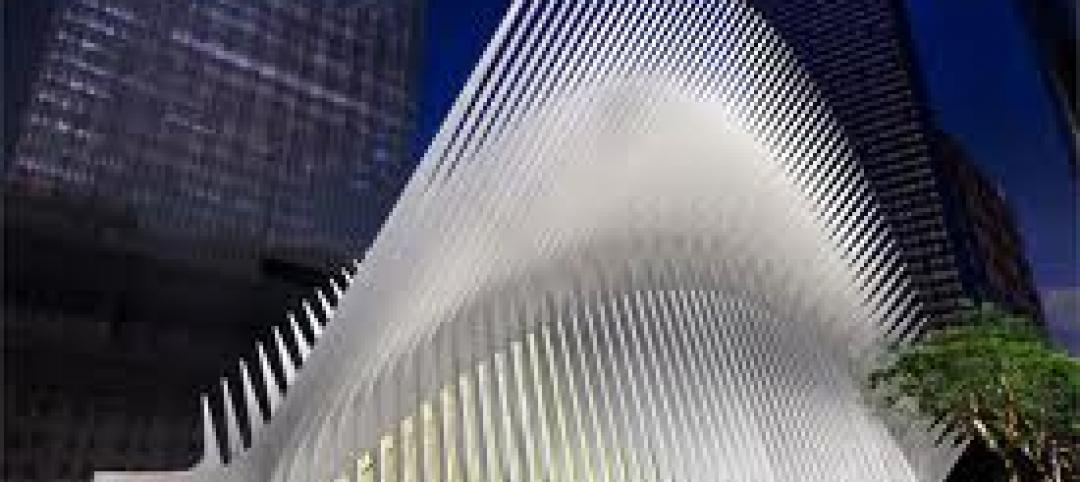Recent storms such as Hurricane Florence in the U.S. and Typhoon Mangkhut, which struck the Philippines and China, highlight the need for decentralized infrastructure, according to a recent Bloomberg article co-written by an energy analyst.
“On the basis of economics alone, the power systems of many countries will become highly decentralized in coming years,” the article says. By mid-century, more than a third of power-generation capacity in Japan will be customer-controlled in homes and businesses, the analyst asserts.
In Brazil, more than half of power generation will be in the control of private customers. If millions of small generators compensate for a small number of centralized failures, such decentralization would make electric systems more resilient.
While decentralization will grow based on the cost of energy, it will take government action as well. “Centralized decisions on things like building codes and flood zones can catalyze resilience,” the article says.
Related Stories
| Jan 5, 2012
Some ADA accessibility rules change in 2012
Some changes to the Americans with Disabilities Act go into effect beginning March 15, 2012.
| Jan 5, 2012
Ontario's stringent energy code has builders concerned over indoor air quality
Some Ontario builders are worried that new building code requirements with stricter energy efficiency measures could lead to poor indoor air quality.
| Jan 5, 2012
New law bars Defense Department from new LEED certifications
The Defense Department will not be allowed to use any money to certify its buildings LEED Gold or Platinum, under a law President Obama signed Dec. 31.
| Jan 5, 2012
Some ADA accessibility rules change in 2012
Some changes to the Americans with Disabilities Act go into effect beginning March 15, 2012.
| Jan 3, 2012
New SJI Rule on Steel Joists
A new rule from the Steel Joist Institute clarifies when local reinforcement of joists is required for chord loads away from panel points. SJI members offer guidance about how and when to specify loads.
| Dec 29, 2011
OSHA enforcing new fall hazard standards
OSHA is enforcing its new fall protection standards, as evidenced by a recent crackdown in New York.
| Dec 29, 2011
NRCA offers program on new fall-protection requirements
The National Roofing Contractors Association's (NRCA's) program "Roofing Industry Fall Protection from A to Z" will be held Feb. 21 during the organization's 125th Annual Convention.
| Dec 29, 2011
Decision not to fireproof the new World Trade Center Transportation Hub criticized
Some criticized the decision, reasoning that the structure could be a terrorist target.
| Dec 29, 2011
Seismic safety in question at thousands of California public schools
California regulators responsible for enforcing earthquake safety laws have failed to certify more than 16,000 construction projects in California public schools, increasing the risk that some projects may be unsafe, according to a state audit report.
| Dec 29, 2011
GreenWizard offers cloud-based LEED credit management, assessment
The company recently began offering companies the ability to run assessments for design credits, in addition to traditional product-specific LEED credits.
















